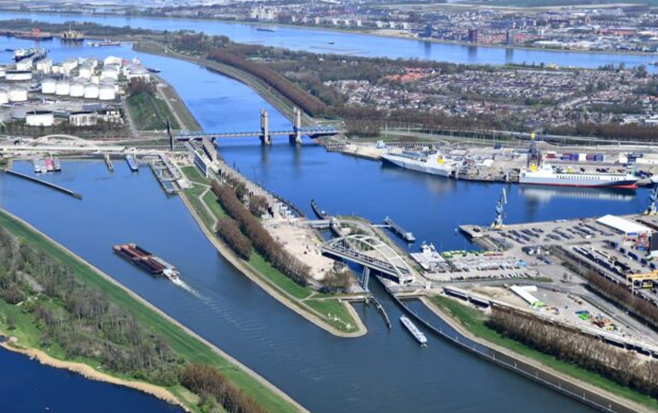
In late April 2024, the European Sea Ports
Organisation (ESPO) launched the results of the ESPO Port
Investment Study 2024. The study offers a comprehensive analysis of the investment pipeline
and challenges of European ports.
Specifically, the study revealed that the
investment needs of European port managing bodies are very huge amounting to €80
billion for the next 10 years, up to 2034.
A second key finding is that investments in
sustainability and energy transition are becoming the second most important
investment category for port authorities. Yet, Ports in Europe do more than before. From being multimodal
hubs in the supply chain linking the sea with the hinterland, ports are
developing into hubs and facilitators of sustainable energies, clusters of
industry and circular economy, as well as important pillars of geo-political
and geo-economic resilience.The
investment pipelines of Europe’s ports reflect changing and multidimensional
role.
The study shows that next to investments in
developing basic port infrastructure, port managing bodies are more and more
investing to take up strategic and social responsibilities and achieving
Europe’s ambitions. This often implies projects with a high societal value, yet
slow, low and risky returns on investment.
Europe’s port managing bodies need European
support to turn all
goals and ambitions into a success.
These findings underline the need for dedicated port envelopes within
the different EU funding instruments, in the first place through the Connecting
Europe Facility, or a similar funding instrument.